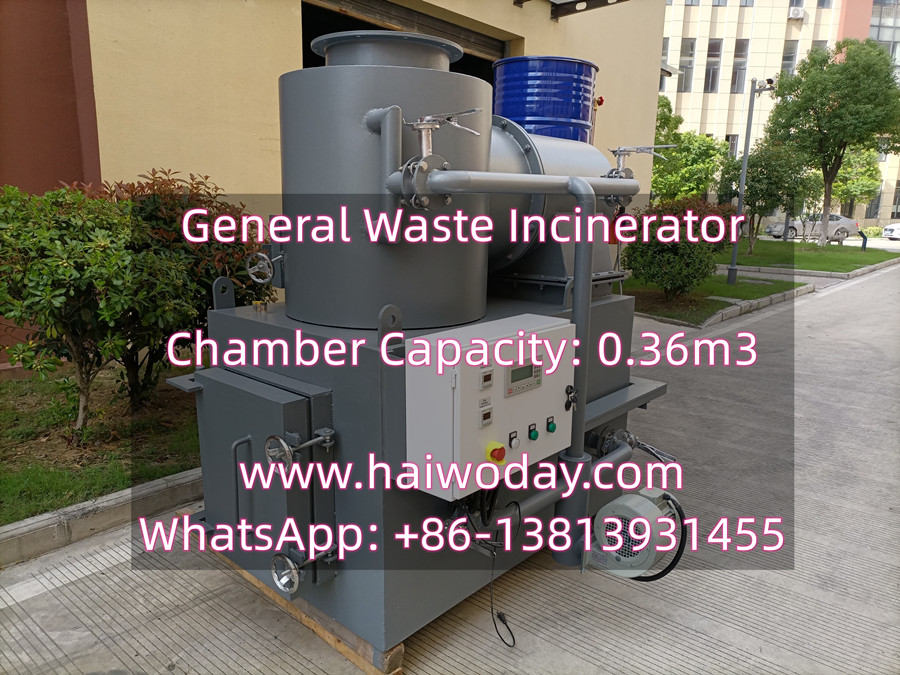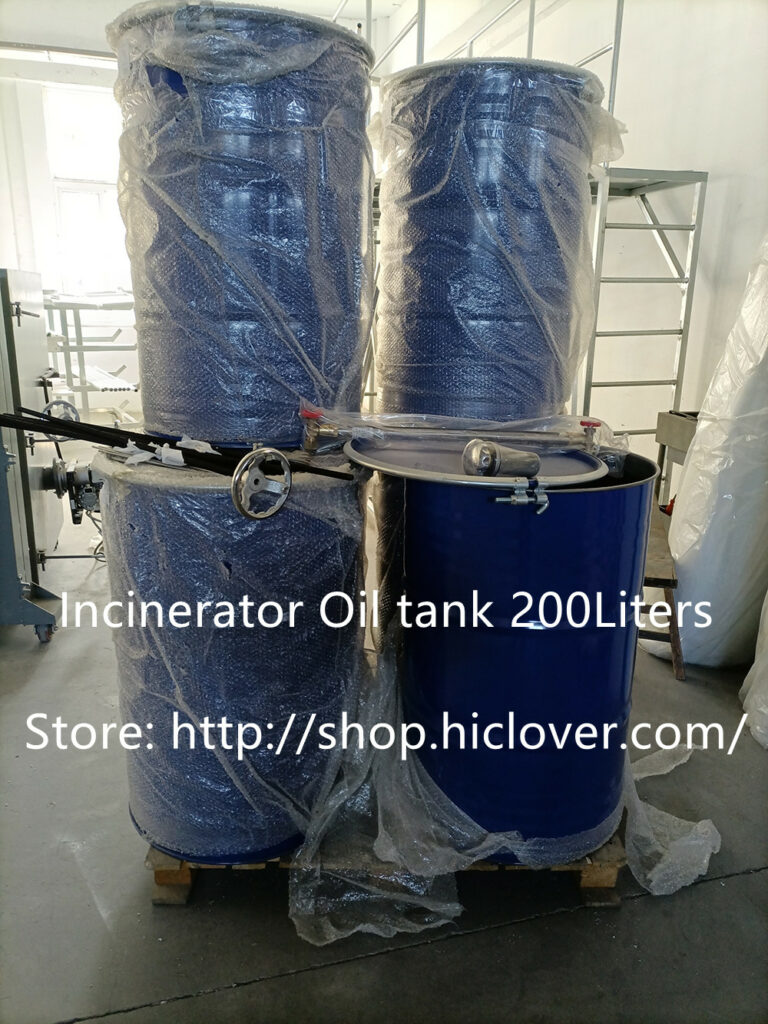Small-Scale Incineration: A Sustainable Approach to Urban Waste Management
Urban waste management is a growing concern in many cities around the world. With populations on the rise, the amount of waste being generated is increasing at an alarming rate. Traditional methods of waste disposal, such as landfilling and open burning, are not only harmful to the environment but also pose serious health risks to the communities living in close proximity to these sites.
One sustainable approach to urban waste management is small-scale incineration. This method involves the burning of waste at high temperatures in enclosed chambers, resulting in the reduction of waste volume and the generation of energy through the use of heat or steam. Small-scale incinerators are often designed to be modular, allowing for easy installation and operation in urban settings.
One of the key benefits of small-scale incineration is the reduction of waste volume. The high temperatures at which the waste is burned result in a significant reduction in the volume of the waste, making it easier to manage and dispose of the remaining ash. This can help alleviate the strain on existing landfill sites and reduce the need for new ones to be created.
Additionally, small-scale incineration can also generate energy from the heat produced during the combustion process. This energy can be used to power the incinerators themselves, reducing the reliance on external sources of energy. In some cases, excess energy can be sold back to the grid, providing an additional source of revenue for the operators of the incineration facility.
Furthermore, small-scale incineration can help to reduce the release of harmful gases and pollutants into the environment. By burning the waste at high temperatures in enclosed chambers, the emissions of harmful chemicals and pollutants can be significantly reduced compared to open burning or landfilling. Additionally, modern incinerators are equipped with advanced filtration systems to further reduce emissions and ensure compliance with environmental regulations.
Despite its many benefits, small-scale incineration is not without its challenges. One of the main concerns surrounding this method is the potential for air pollution and the release of harmful emissions. To address this, it is essential for incineration facilities to comply with strict emissions standards and implement proper pollution control measures.
Furthermore, there is also a need for proper waste segregation and management to ensure that only suitable materials are incinerated. Non-combustible and hazardous materials should be properly disposed of through other means, such as recycling or secure landfilling, to prevent the release of harmful substances into the environment.
In conclusion, small-scale incineration presents a sustainable approach to urban waste management that can help alleviate the strain on existing landfill sites, reduce waste volume, and generate energy. However, it is crucial for incineration facilities to adhere to strict emissions standards and implement proper pollution control measures to minimize the impact on the environment and public health. When implemented responsibly, small-scale incineration can play a key role in the sustainable management of urban waste.



